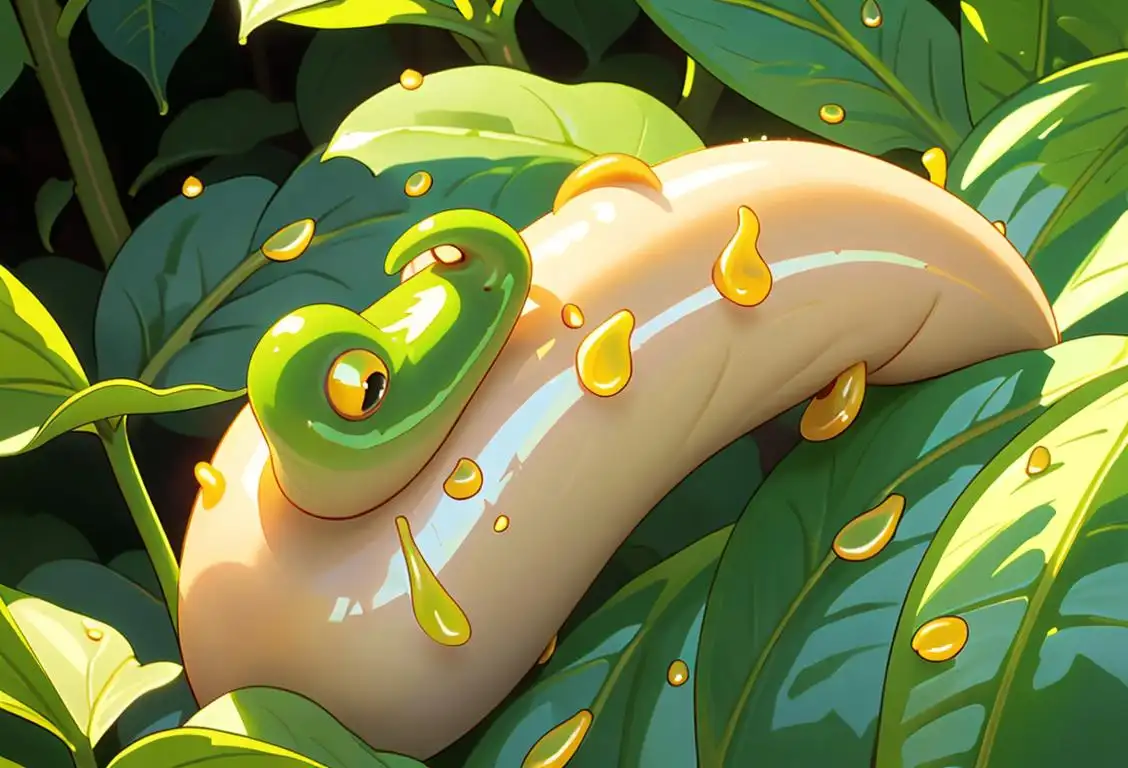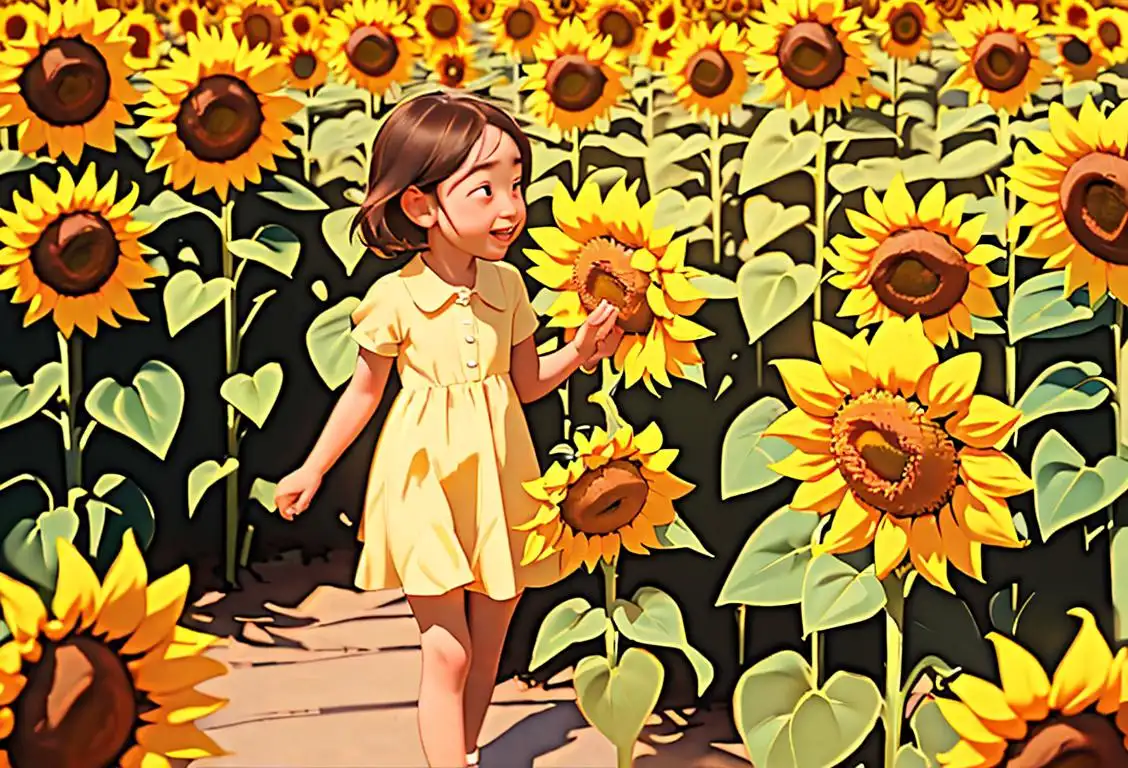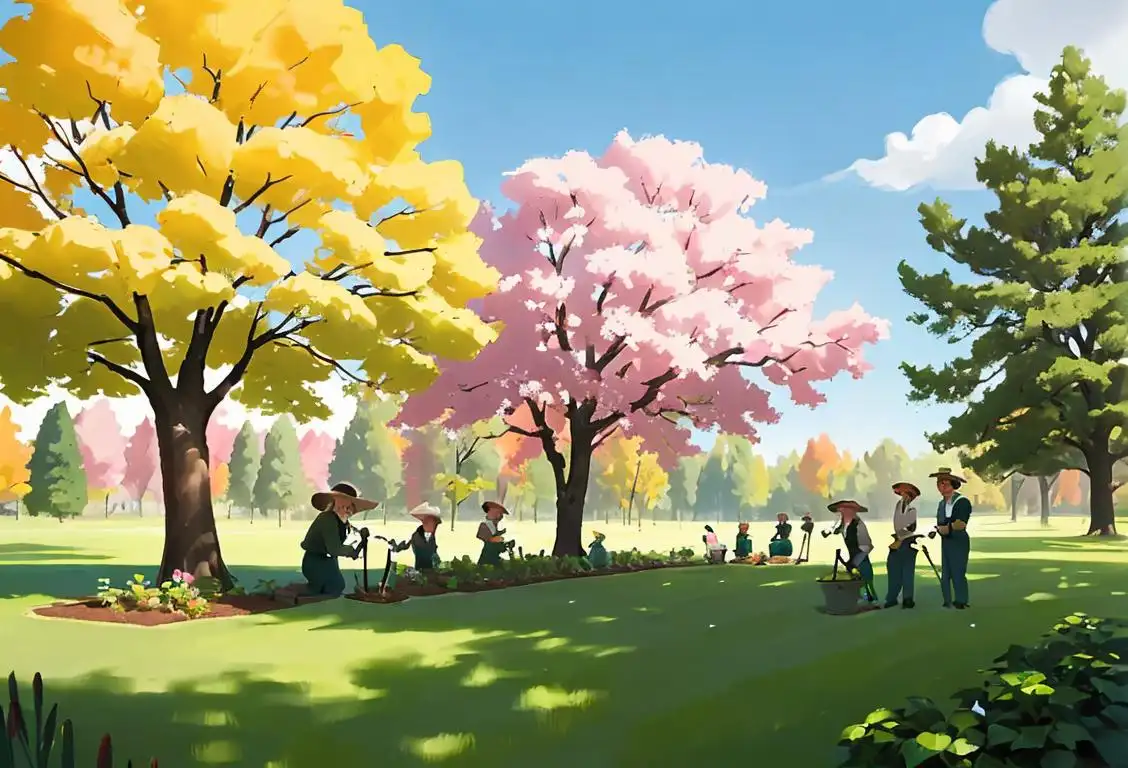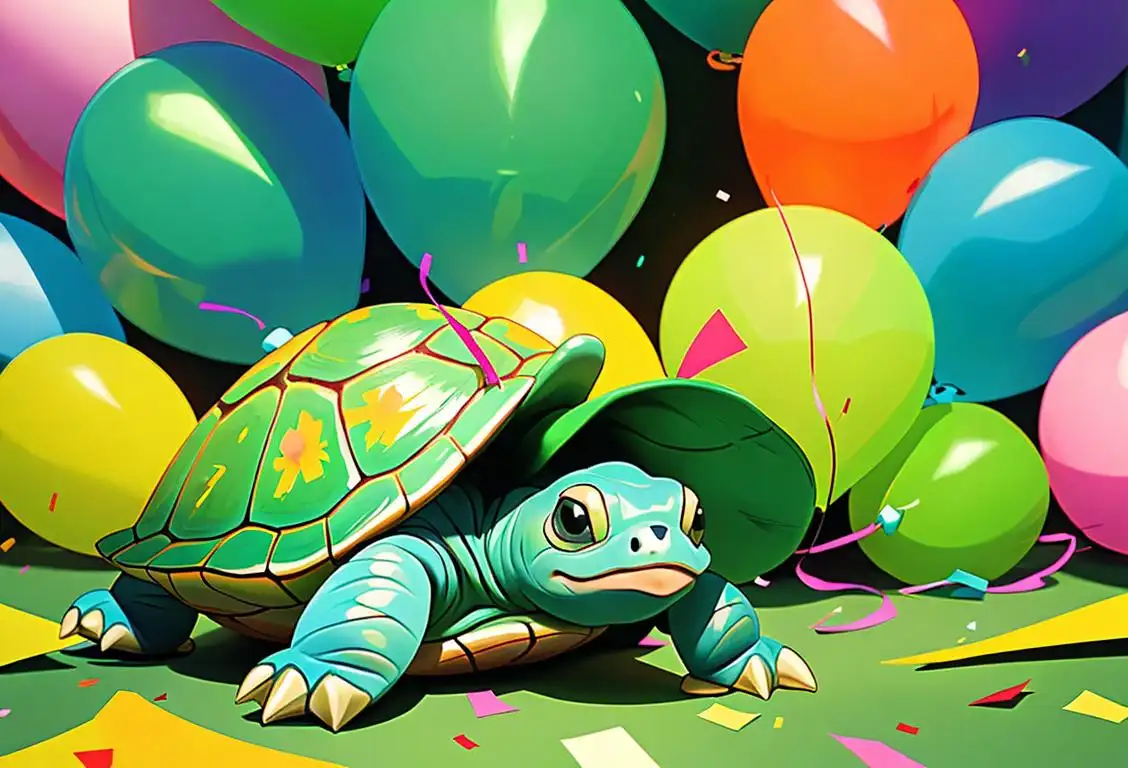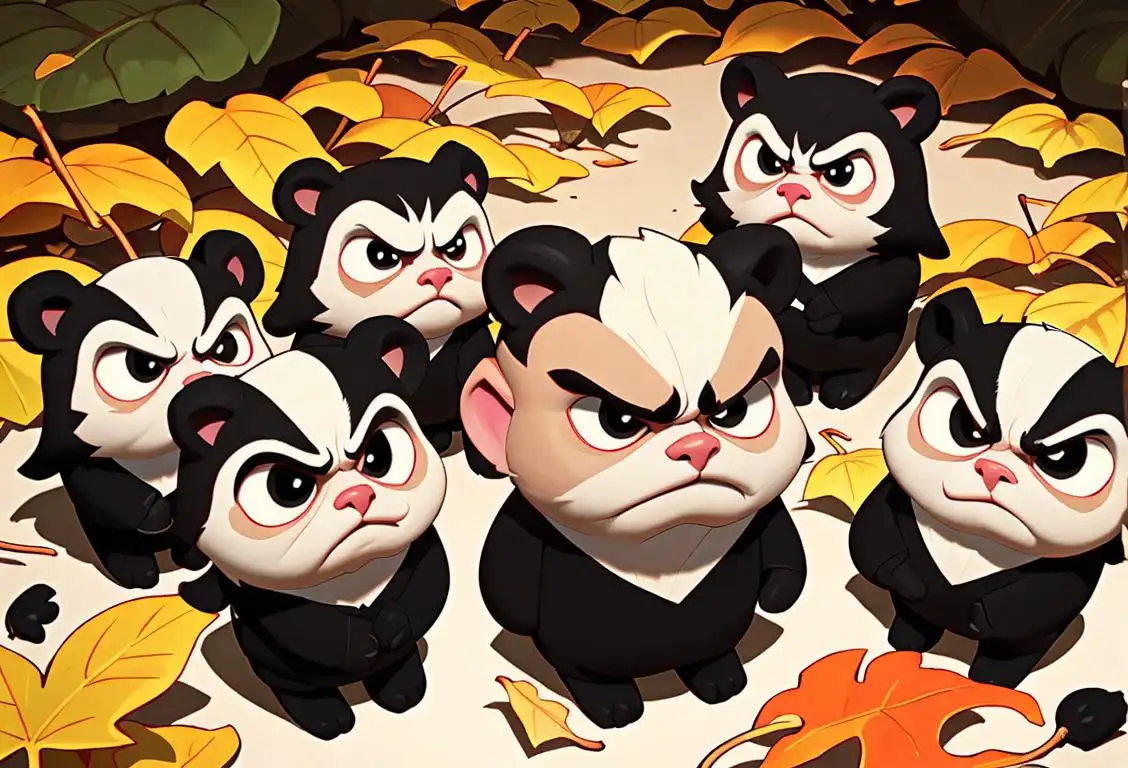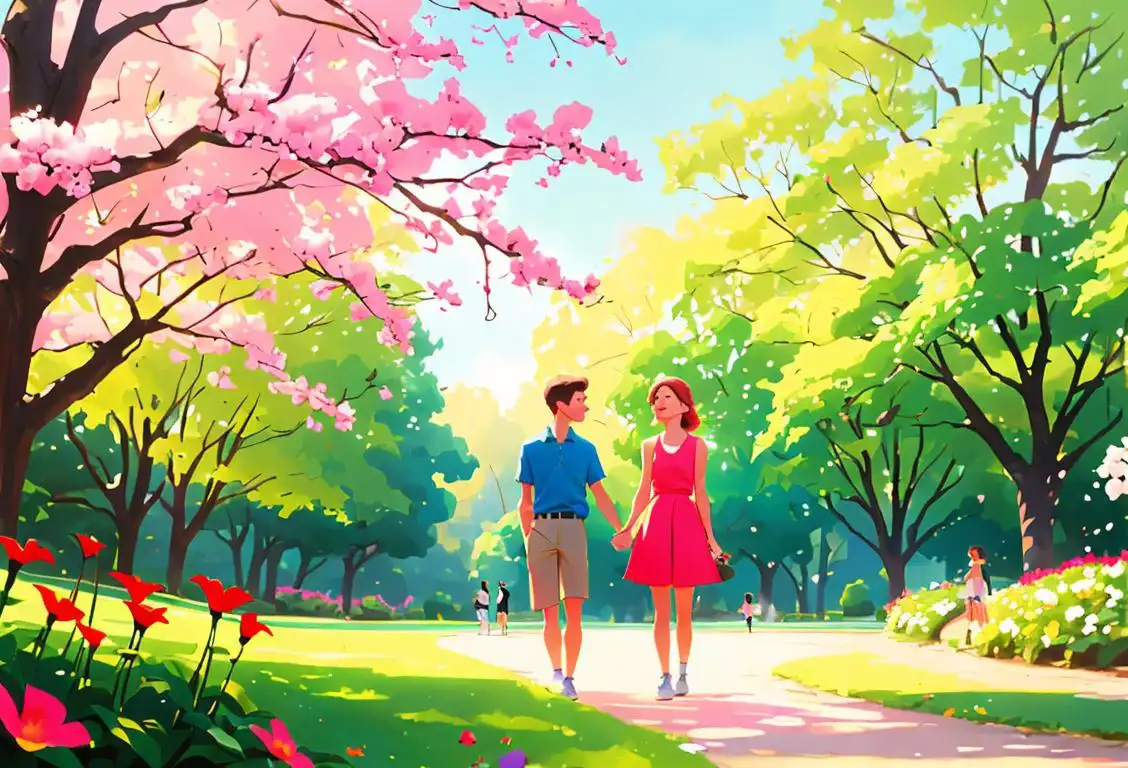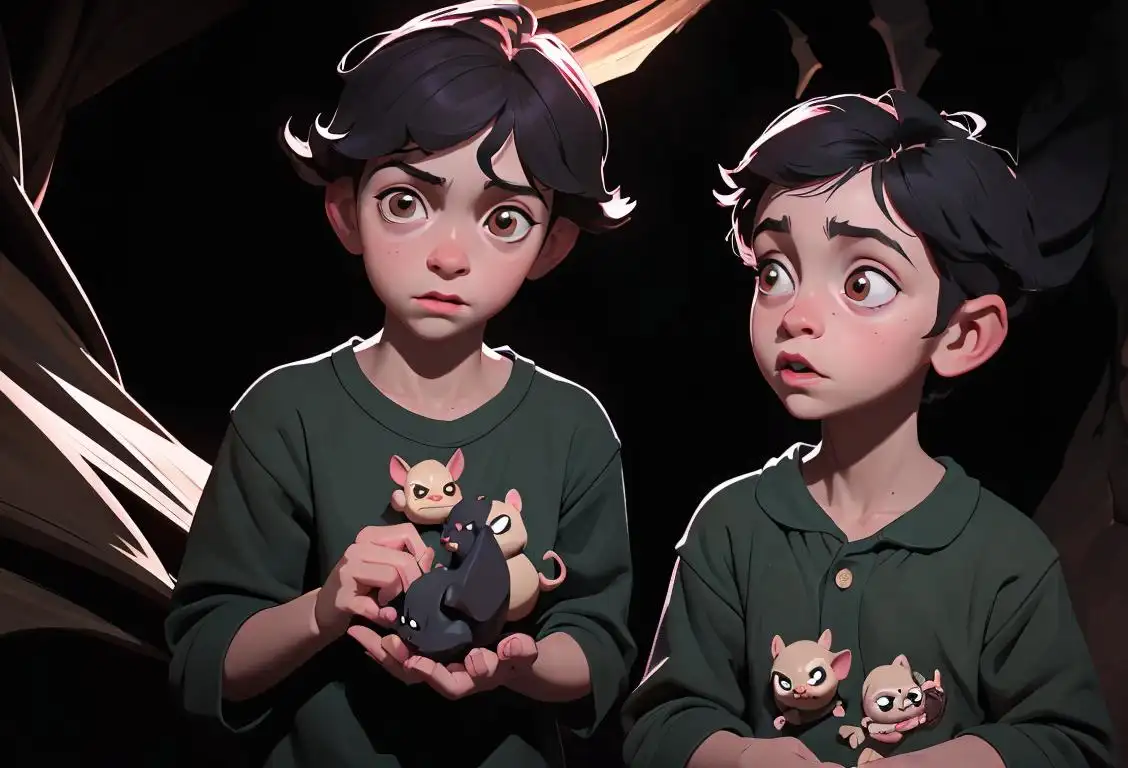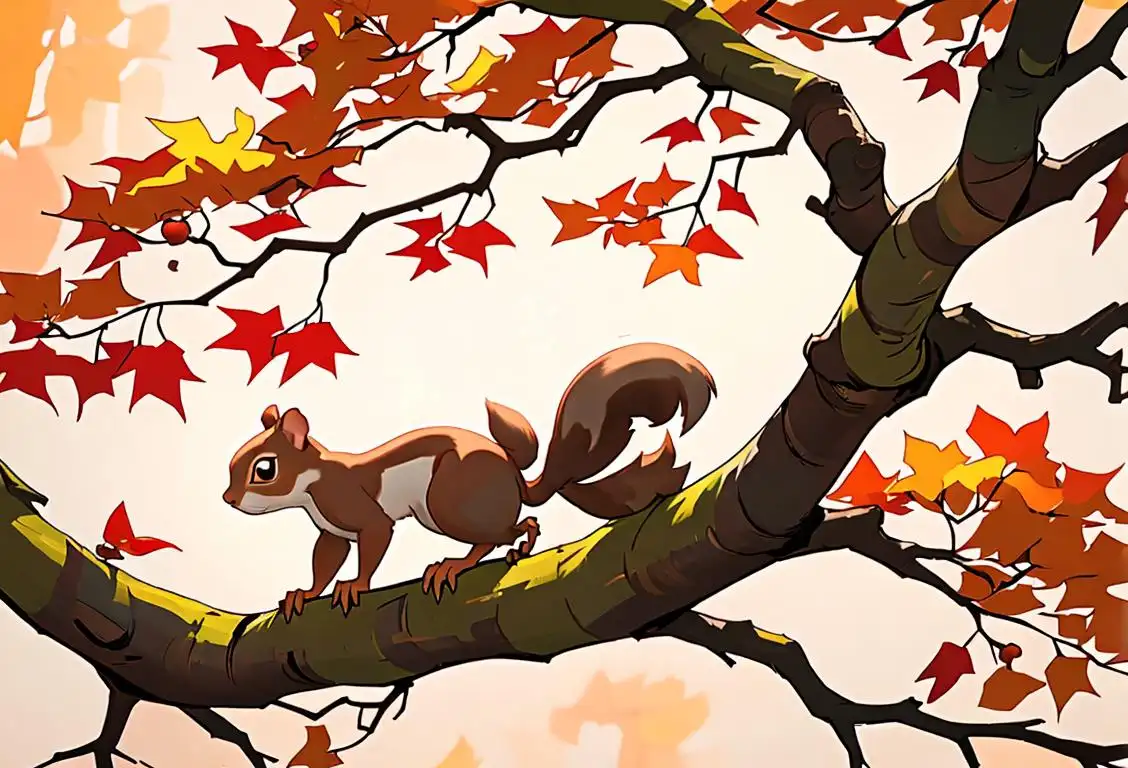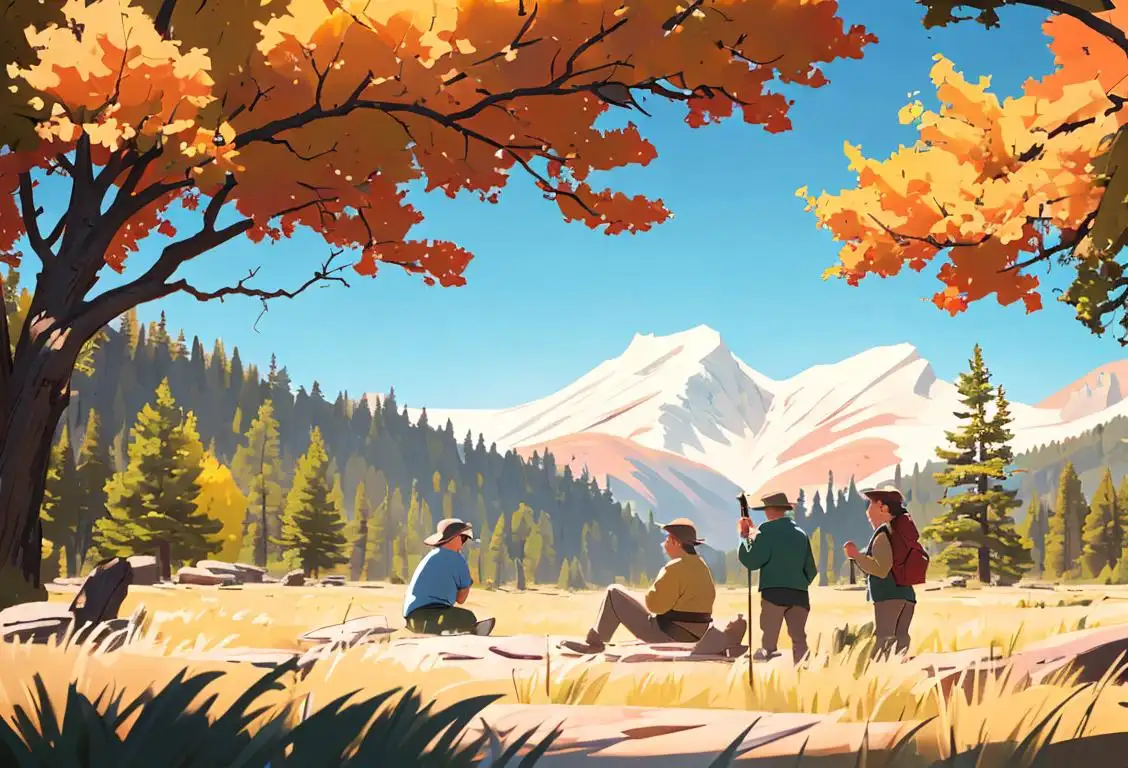National Bee Lovers Day
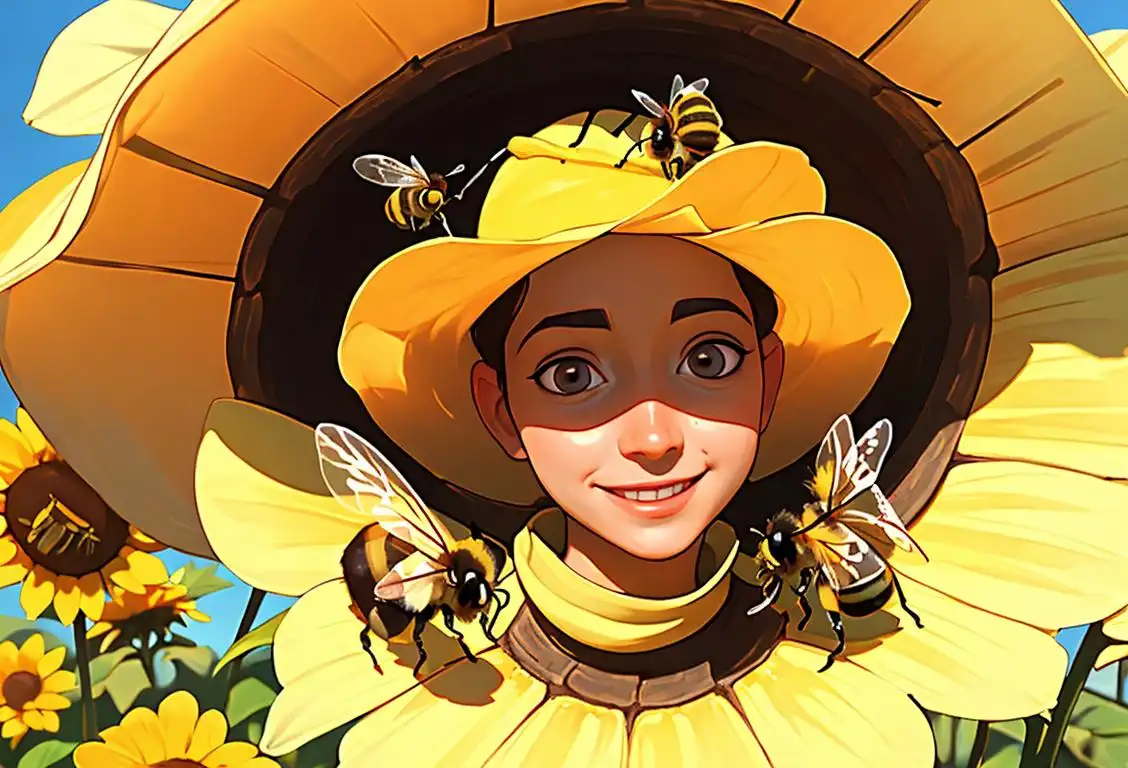
Calling all bee lovers! Get ready to celebrate National Bee Lovers Day, a day dedicated to honoring these marvelous little creatures that buzz around and make our world a sweeter place! Whether you're a garden enthusiast or just someone who appreciates nature's tiny superheroes, this is the perfect day to bee-come one with the bees!
When is Bee Lovers Day?
It's national bee lovers day on the 7th September.
A Brief History of National Bee Lovers Day
Did you know that National Bee Lovers Day was first established to raise awareness about the vital role bees play in pollination? These busy bees tirelessly go from flower to flower, helping to fertilize plants and ensure the production of fruits, vegetables, and nuts. Without them, our diets would be a lot less diverse and delicious!
The origins of this national day are, unsurprisingly, rooted in.... well, roots! The internet buzz surrounding bees and their importance skyrocketed on September 7, 2017, when the hashtag #BeeLoversDay took social media by storm. People from all walks of life shared their love for bees, their fascinating behaviors, and their invaluable contribution to nature. Since then, National Bee Lovers Day has been observed annually on September 7th, a day dedicated to spreading the buzz about how amazing bees really are!
Bee-utiful Ways to Celebrate
Looking for ideas on how to celebrate National Bee Lovers Day and show your appreciation for these incredible insects? Here are a few bee-utiful suggestions:
- Plant a bee-friendly garden with flowers and plants that attract bees.
- Learn about beekeeping and consider becoming a backyard beekeeper.
- Support local honey producers by purchasing their honey.
- Spread the word about the importance of bees to your friends and family.
- Create handmade bee-themed crafts, like beeswax candles or honey-infused beauty products.
Remember, bees aren't just about honey! They are vital to the balance of our ecosystem, so let's give them the appreciation they deserve!
History behind the term 'Bee Lovers'
1806
Introduction of beekeeping as a popular hobby
In 1806, beekeeping became a popular hobby in Europe. It was during this time that people began to appreciate the important role that bees play in pollination and honey production. This newfound fascination with bees led to the emergence of a community of individuals who thoroughly enjoyed and loved bees. These early beekeepers and bee enthusiasts can be considered the first 'bee lovers' in history.
1907
Beekeeping as a popular hobby
In 1907, the popularity of beekeeping as a hobby surged in many parts of the world. Beekeepers started to collect and maintain beehives to harvest honey and study the behavior of bees. This fascination with bees and the intricate workings of their colonies laid the foundation for what would later become the term 'bee lovers'.
1758
The Beekeeper's Book is Published
In 1758, a book called 'The Beekeeper's Book' was published by E.B. Gatchell. This book was one of the earliest documented works that shed light on the intricate and fascinating world of bees. It provided valuable information about beekeeping and the importance of bees in pollination. This publication sparked interest among individuals who were captivated by the behaviors and characteristics of bees.
1600s
Hive Craze
Beekeeping has been practiced for centuries, but in the 1600s, it experienced a surge in popularity. Apiaries were established, and people became enamored with the incredible complexity and productivity of bees. This period marked the beginning of bee lovers being recognized as a distinct group of individuals who possessed a fascination with these tiny, industrious insects.
1885
Formation of beekeeping associations
By 1885, beekeeping associations began to form in various countries. These associations aimed to bring together beekeepers and enthusiasts to share knowledge, exchange techniques, and promote the importance of bees. It was through these associations that the term 'bee lovers' started to gain popularity, referring to people who actively engaged in beekeeping and showed great affection for bees. Bee lovers were admired for their dedication to preserving and nurturing bee colonies.
1820s
Scientific Study
In the 1820s, the scientific study of bees, known as melittology, gained momentum. Research conducted by scholars like François Huber and Jan Dziersonowicz shed light on the mysteries of the bee's social structure and communication. This scientific interest further fueled the passion of bee lovers, as they delved deeper into understanding the secrets of these buzzing creatures.
1925
Formation of beekeeping clubs and associations
By 1925, beekeeping had become a well-established hobby, and communities of beekeepers started forming clubs and associations to share knowledge and experiences. These gatherings became a hub for bee enthusiasts to connect, discuss techniques, and swap stories about their beloved bees. The passionate members of these clubs proudly referred to themselves as 'bee lovers' to showcase their dedication to the craft.
1833
Introduction of the Term 'Bee Lover'
The term 'bee lover' emerged in 1833 as a way to describe those who held a deep fascination and admiration for bees. It gained popularity as people discovered the incredible pollination abilities and complex social structures of these industrious insects. Enthusiasts who deeply appreciated the work of bees in maintaining the ecosystem began identifying themselves proudly as 'bee lovers.' This term quickly spread through literature and conversations, forming a community of individuals passionate about these tiny winged creatures.
1852
Beekeeping Associations
Beekeeping associations began to form in 1852, providing a platform for beekeepers and bee enthusiasts to come together and share their knowledge and enthusiasm. These associations sponsored lectures, exhibitions, and competitions that attracted bee lovers from all walks of life. The establishment of these organizations not only strengthened the bonds within the beekeeping community but also brought bee lovers into a more prominent cultural spotlight.
1953
Beekeeping's positive impact on agriculture
In 1953, the crucial role of bees in pollinating crops and ensuring bountiful harvests became widely recognized. Beekeepers gained prominence not just for their love of bees but also for their significant contributions to agriculture. The term 'bee lovers' started to encompass not only the hobbyists but also the appreciators of the invaluable ecological services that bees provide.
1887
Founding of Beekeeper Associations
In 1887, beekeeper associations started to form, solidifying the concept of being a 'bee lover.' These associations provided beekeepers and enthusiasts with a platform to come together, exchange knowledge, and support each other in their shared love for bees. Through these groups, individuals could discuss various aspects of beekeeping, share techniques, and promote bee preservation. These associations played a crucial role in fostering a sense of community amongst 'bee lovers' and raising awareness about the vital role of bees in the environment.
1924
National Honey Bee Day established
In 1924, National Honey Bee Day was established in the United States to recognize the significance of honey bees to agriculture and the environment. This day celebrated beekeepers, honey producers, and, of course, bee lovers. It provided an opportunity to raise awareness about the vital role bees play in pollination and the global food supply. National Honey Bee Day further popularized the term 'bee lovers' and brought attention to the importance of bee conservation.
1987
Beekeeping documentaries and media coverage
During the late 20th century, there was a surge in media coverage focused on beekeeping and the enchanting world of bees. Documentaries like 'The Secrets of the Bee' and 'The Bee Movie' captured the imagination of audiences worldwide. These documentaries portrayed the intricate lives of bees and emphasized the connection between humans and these incredible insects. As a result, the term 'bee lovers' gained even more popularity, as people were captivated by the fascinating world of bees.
1988
Environmental awareness and conservation efforts
As environmental awareness increased in the late 20th century, bee lovers began advocating for the conservation of bees and their habitats. They actively promoted the use of sustainable practices and the preservation of wildflower meadows, essential for the bees' survival. The term 'bee lovers' expanded to include individuals passionate about protecting these crucial pollinators and their essential role in maintaining biodiversity.
1960s
Beekeeping Renaissance
The 1960s witnessed a resurgence of interest in beekeeping as a hobby. Beekeeping equipment became more widely available, and people across different countries started keeping bees in their backyards. This renaissance in beekeeping provided an opportunity for more individuals to become bee lovers, fostering a sense of camaraderie among those passionate about bees.
1970
Recognition of Bee Lovers' Contributions
In 1970, the significance of 'bee lovers' and their contributions to society gained widespread recognition. As the awareness of declining bee populations and their impact on the environment grew, 'bee lovers' became prominent advocates for conservation efforts and sustainable beekeeping practices. Their dedication to preserving and protecting bees' habitats became paramount in order to maintain a balanced ecosystem and ensure agricultural productivity. This recognition allowed 'bee lovers' to influence policy decisions and drive positive change for bees globally.
Over the years
Environmental Advocacy
In recent times, bee lovers have emerged as staunch advocates for environmental conservation. Recognizing the vital role of bees as pollinators, they have been at the forefront of campaigns to protect bee populations and preserve natural habitats. Bee lovers have successfully raised awareness about the threats faced by bees due to pesticide use, habitat loss, and climate change, resulting in greater conservation efforts and public support for these essential pollinators.
2006
National Bee Lover's Day is Established
To honor the passion of 'bee lovers' and their efforts in raising awareness, National Bee Lover's Day was established in 2006. This day celebrates the love and appreciation for bees and recognizes the essential role they play in our world. It serves as a reminder to all individuals, regardless of their expertise or involvement in beekeeping, to acknowledge and respect the incredible importance of bees in our ecosystems. National Bee Lover's Day has become a meaningful occasion for 'bee lovers' to come together, educate others, and promote the conservation of bees and their habitats.
2005
Bee lovers in popular culture and media
From the early 2000s, bee lovers gained more visibility in popular culture and media. Books, documentaries, and movies showcased the fascinating world of bees and the unwavering affection of individuals who dedicated their lives to them. The term 'bee lovers' became a widely recognized and celebrated concept, capturing the hearts of many people who discovered the enchantment of these remarkable insects.
present
Growing online community and beekeeping clubs
In the present day, the term 'bee lovers' continues to be widely used to describe individuals who have a deep appreciation for bees and actively engage in beekeeping or honey production. With the advent of the internet, online communities dedicated to beekeeping and bee conservation have flourished. These platforms provide a space for bee lovers to connect, share experiences, and exchange knowledge. Additionally, beekeeping clubs and organizations have expanded, offering resources and support for novice and experienced bee lovers alike.
Did you know?
Did you know that bees communicate through dance? They perform a 'waggle dance' to let their fellow bees know the exact location of a food source. It's like having their very own 'honey GPS'! Talk about impressive navigation skills!Tagged
awareness fun gardening natureFirst identified
7th September 2017Most mentioned on
7th September 2017Total mentions
88Other days
Bee Lovers Day
Slug Day
Sunflower Day
Tree Planting Day
Turtle Day
Badger Day
Take A Walk In The Park Day
Bat Appreciation Day
Squirrel Appreciation Day
Public Lands Day
